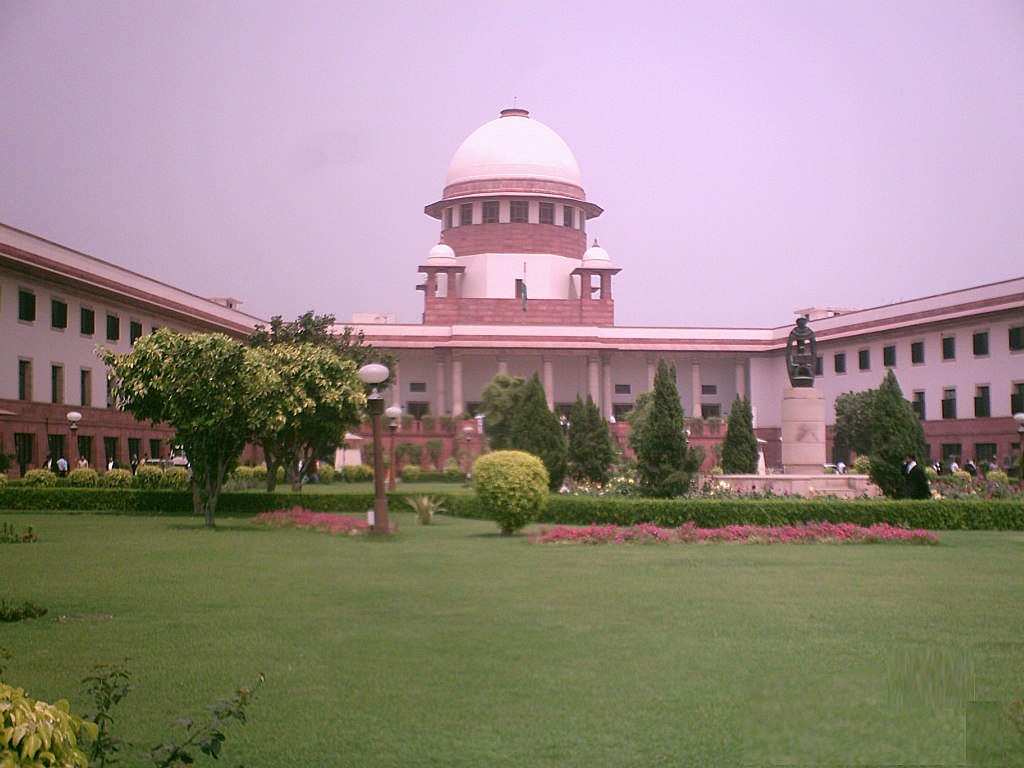In a historic judgment, the 9 judge bench of the Hon’ble Supreme Court has unanimously held that Right to Privacy is a fundamental right. This judgment was pronounced in a reference made to the 9 judge bench in a batch of Writ Petitions challenging the Aadhaar scheme. Dr. Nagarjuna G., member of the Governing body of SFLC.in and Mr.Vickram Crishna, member of the Advisory Board were petitioners in T.C. (Civil) No. 152 of 2013 that was referred to the Constitutional bench.
Mishi Choudhary, President, SFLC.in said:
“This is a milestone in a large history across the world on understanding of the right to privacy. The largest democracy in the world has now spoken on the question which we all face because 20th century constitutions, let alone earlier constitutions did not tend to speak of right to privacy and they certainly didn’t speak of it in terms which allowed its application to the needs of human beings in the 21st century networked society. Supreme Court of India has taken an enormous step which is going to be looked upon by societies of law around the world with enormous importance.”
It was incomprehensible that the existence of this right could be disputed in this day and age, specially considering the Government’s adoption of increasingly data-centric governance models. To transform India into a “digitally empowered society and a knowledge economy” as the Digital India initiative envisions, it is necessary to respect the individual’s right to privacy at all levels of governance, starting with the Constitution itself. The historic 9-judge Constitution Bench of the SC has done extremely well to recognize this fact, demonstrating yet again that the judiciary places the interest of the people above all else.
The petition in the case of Justice K.S. Puttaswamy & Ors. v. Union of India & Ors. [W.P.(C). No. 494/2012], was filed in the Supreme Court to challenge various aspects of the Aadhaar Card scheme and its mandatory nature. The petitioners asserted that the collection of biometric data for Aadhaar card is violative of the right to privacy, which is implied under Article 21 as well as various other articles embodying the fundamental rights guaranteed under Part-III of the Constitution of India.
The three-Judge Bench hearing the Puttaswamy case observed in its order dated 11th August, 2015 that the matter entailed questions of importance involving interpretation of the Constitution. Hence, it referred those substantial questions of law to a Constitutional Bench of appropriate strength. Thereafter, a five-Judge Bench was constituted to determine the Bench strength eligible to decide the question of right to privacy. In light of previous judgments on the issue of privacy, this five-Judge Bench referred the question of whether there is a fundamental right to privacy to a larger nine-Judge Constitution Bench on 18th July, 2017.
For more information please contact:
Mishi Choudhary,
President,
SFLC.in
+1 917 325 8594
mishi@softwarefreedom.org
Image Credit: Legaleagle86 at en.wikipedia [CC BY-SA 3.0 or GFDL], via Wikimedia Commons


